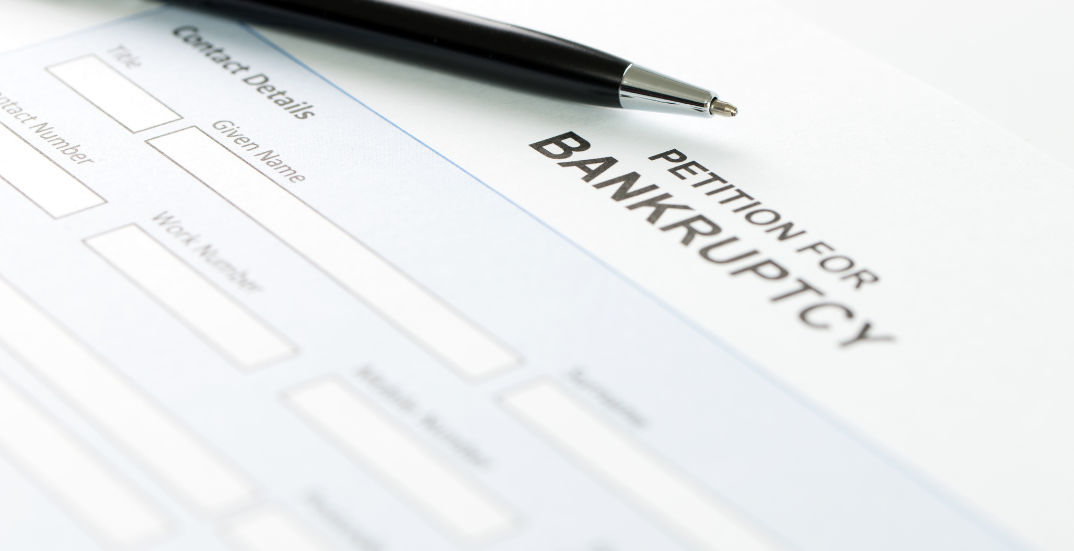





Filing for Chapter 7 bankruptcy in Wisconsin can bring significant relief if you’re overwhelmed by debt. While it’s often seen as a fresh start, Chapter 7 bankruptcy doesn’t wipe the slate compl..
READ MORE
Data from U.S. Courts indicate over 380,000 non-business bankruptcies were filed in the United States in 2023 alone. Thousands of those came from Wisconsin. For individuals facing mounting debts, bank..
READ MORE
Facing financial hardship that forces you to consider bankruptcy can be overwhelming—especially when your home is at stake. One of the most pressing concerns for homeowners in Wisconsin is whether t..
READ MORE
If you’ve ever taken out a payday loan, you probably know how quickly it can spiral out of control. What starts as a small loan to cover an unexpected expense often turns into a cycle of debt, w..
READ MORE
Filing for bankruptcy can be challenging. This is especially true if you’re concerned about what will happen to your assets, like your car. For many Wisconsin residents, a car is essential for daily..
READ MORE
Are you considering bankruptcy in Wisconsin? If so, understanding how it affects your credit score is crucial. Many people worry about the long-term consequences of filing for bankruptcy. Before takin..
READ MORE
As bankruptcy attorneys at Debt Advisors Offices, we’ve witnessed firsthand the evolving landscape of assets our clients hold—including the increasing cryptocurrency. If you’re considering bankr..
READ MORE
At Debt Advisors, we often encounter clients facing the challenging dual prospects of divorce and bankruptcy. Understanding the interplay between these two legal processes is crucial in Wisconsin, whe..
READ MORE
In today’s fast-paced world, financial difficulties can arise unexpectedly. If you’re struggling with debt in Milwaukee, bankruptcy might seem the only option. However, at Debt Advisors La..
READ MORE
Filing for bankruptcy can be daunting. This shouldn’t keep you from taking what may be a wise financial step. Filing for bankruptcy can provide a fresh start for individuals facing overwhelming debt..
READ MORE